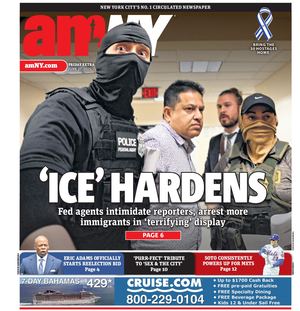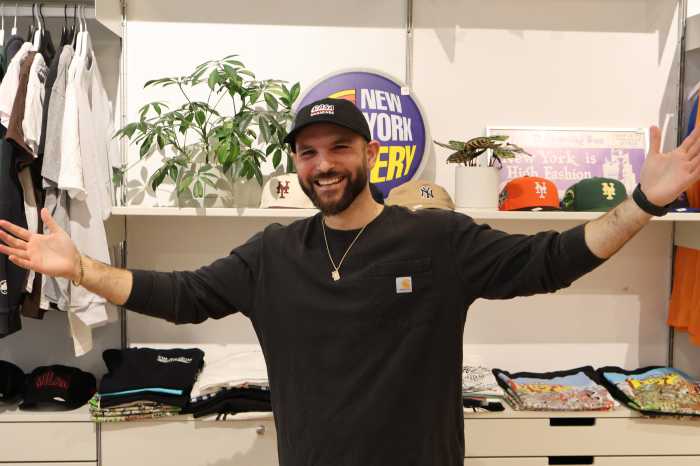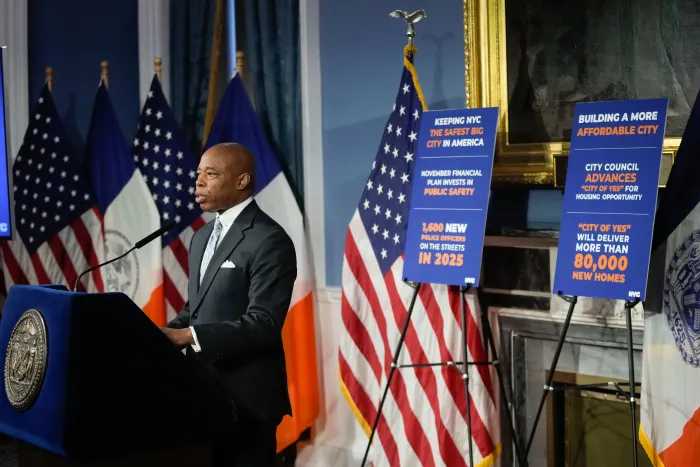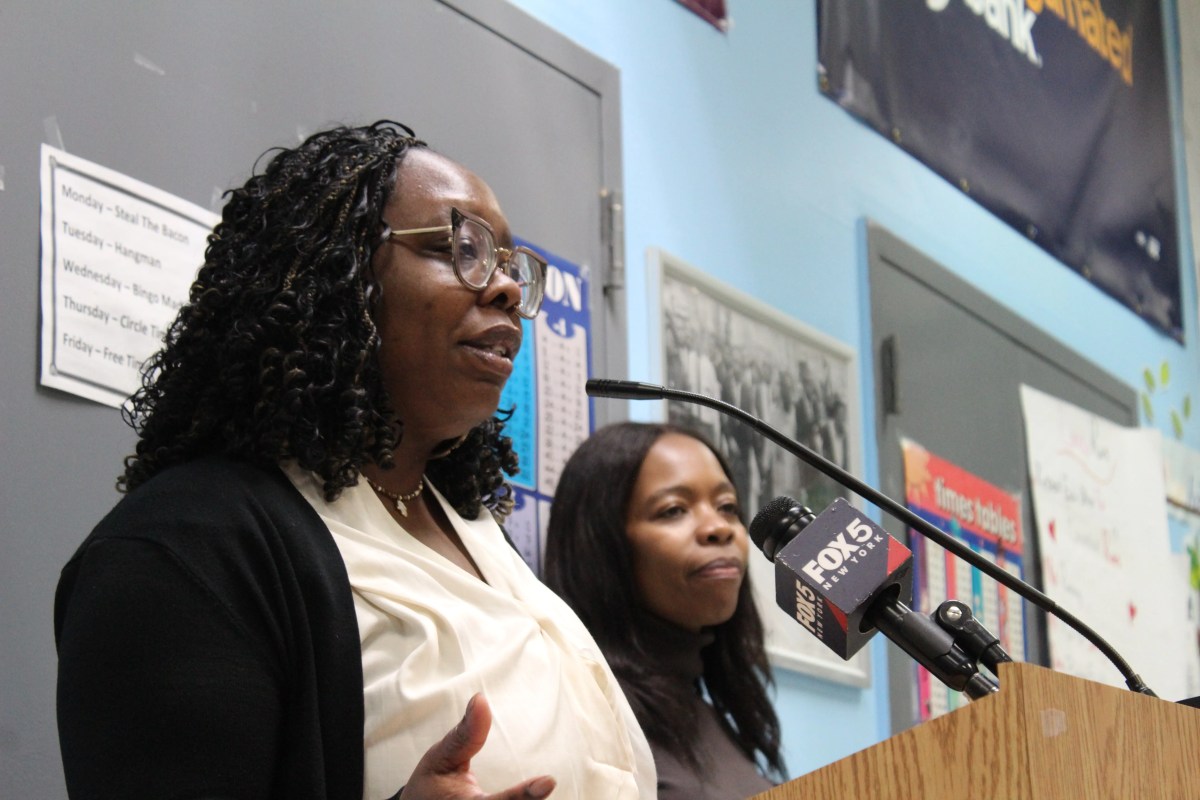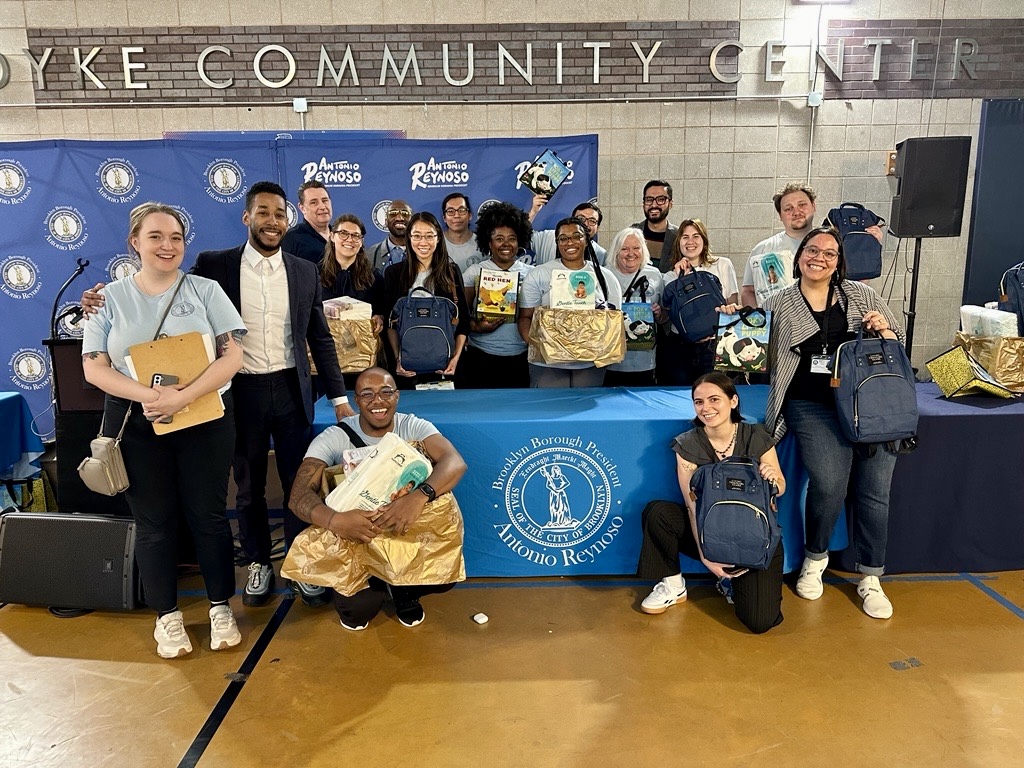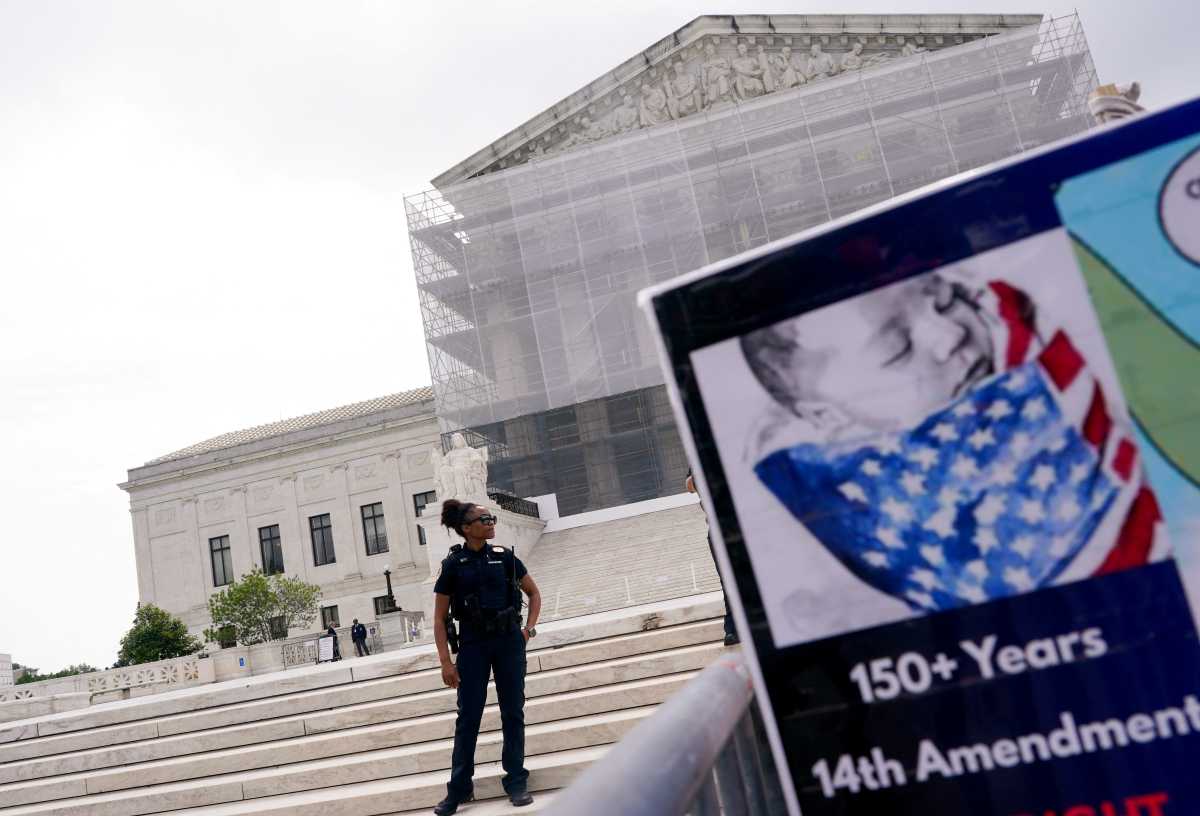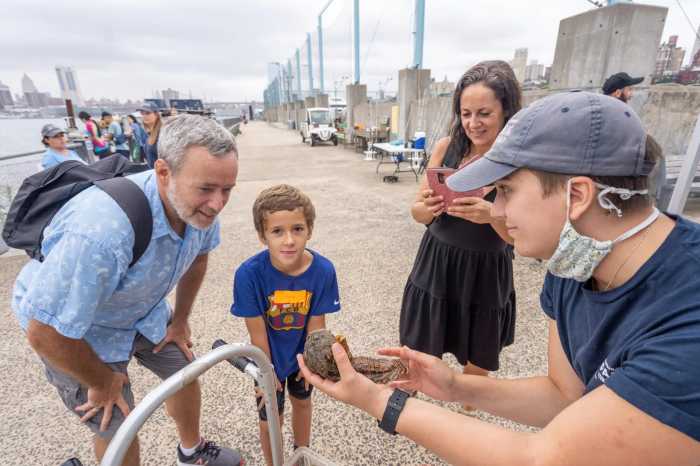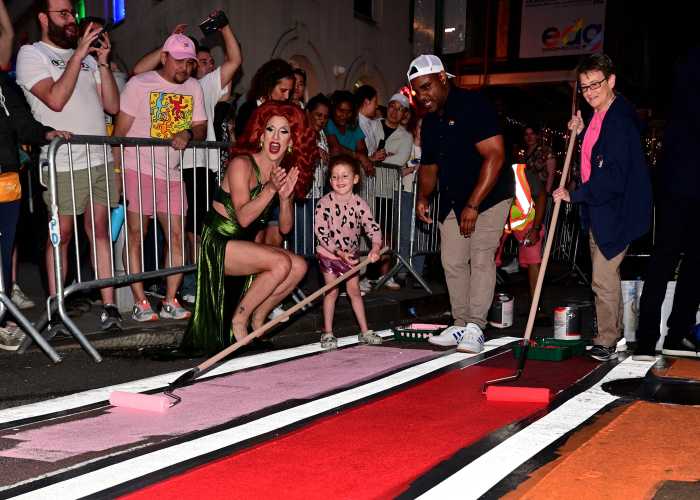In this giving season, New York City’s nonprofit sector faces overlapping crises that are fraying the very fabric of community support for millions of New Yorkers.
News reports in recent weeks have detailed the bureaucratic nightmare nonprofits have faced for years: chronic delays and systematic failures in government payments are pushing many to the brink of financial collapse. Nonprofits are the backbone of critical social services programs for millions of New Yorkers in education, healthcare, and community development. Yet, our mission-driven nonprofit community has been asked to soldier on through a conditions that no company in the private sector would accept, including severely delayed payments, unpredictable reimbursement cycles, and suffocating administrative hurdles.
These payment delays frequently stretch over many months, sometimes even years, and they aren’t just inconveniences—they’re existential threats. Organizations are forced to dip into reserve funds, take out emergency lines of credit, or dramatically cut services just to stay afloat. Some have been forced to reduce staff or shut down entirely.
Nonprofits are also facing a seachange in their relationship with private donors and supportive community members, who increasingly want more meaningful involvement that goes beyond just writing a check. Across the country, there is a growing skepticism towards traditional institutional approaches, driven by a broader decline in trust in established organizations. Flexible giving vehicles, like donor advised funds, offer unprecedented creativity in how supporters can take action on causes they care about.
This change in how philanthropy works actually presents an enormous opportunity to reimagine how we support vulnerable communities in New York – and should be part of the solution to the contracting challenges.
Community organizations should be working to lower barriers to participation, making it easier for community members to contribute in ways that feel authentic and impactful. At Brooklyn Org, we’re embracing this challenge head-on. We’ve rebranded so our name reflects a more accessible, and less institutional, approach to connecting with Brooklyn’s residents.
But this change goes well beyond a cosmetic name-change: it means creating multiple pathways for New Yorkers to engage that go beyond making large financial contributions. It means investing in new programs that provide opportunities for volunteering, small-scale giving, and direct community involvement.
Community foundations must also transform the help we provide to nonprofits to build their own capacities. Brooklyn Org has helped more than 250 nonprofits understand how to more effectively tell their own stories, reach broader audiences, and even recruit new board members by leveraging AI technology and new digital outreach techniques.
We also must expand our understanding of who can be a donor, moving beyond transactional fundraising to create genuine community connections. Instead of targeting the same traditional donor pools, we must work to engage a more diverse group of supporters—racially, economically, and generationally. This means launching new initiatives, like membership programs, that focus on building sustained relationships and experiences.
This moment of challenge is, in reality, a moment of incredible potential. By reimagining philanthropy—making it more accessible, transparent, and personally meaningful—we can create a more robust, engaged, and supportive community ecosystem.
New York has always responded to challenges with innovation, and this moment should be no different. The future of giving isn’t about institutions. It’s about connections. It’s about empowerment. And it’s about recognizing that every one of us has a role to play in building the community we want to see.
Jocelynne Rainey is the President and CEO of Brooklyn Org.
